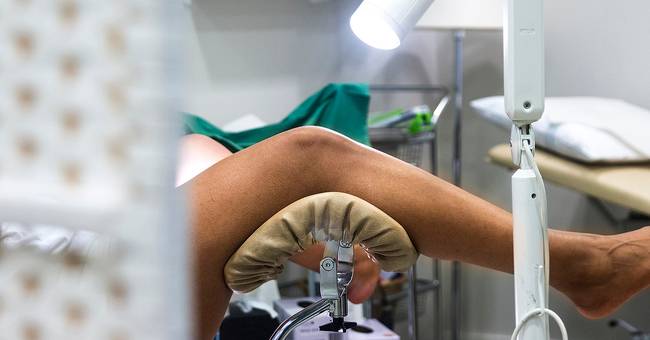The National Board of Health and Welfare links the reduction in abortions with the fact that the prescribing of long-acting contraceptives such as IUDs and contraceptive rods has increased in younger age groups.
Since 2017, contraceptives have also been free of charge for women under the age of 21, and in some regions subsidized for up to 25 years.
- The fact that the number of abortions is declining is positive both for women and for healthcare.
It requires less resources, but above all it is a benefit for the women who can protect themselves effectively against unwanted pregnancy and do not have to have an abortion, says the National Board of Health and Welfare's investigator Inga-Maj Andersson to SVT News.
Sharp decrease in the teenage group
In 2020, approximately nine abortions per 1,000 girls in the age group 15–19 were reported, compared with approximately 21 per 1,000 in 2010. In the age group 20–24, the number of abortions decreased from 33 to 22 per 1,000 women during the same period.
- The fact that abortions are declining in the teenage group, among young women, is a big gain.
The pandemic can affect
In total, almost 34,600 abortions were performed in Sweden in 2020, a decrease of 1,500 compared with the previous year and a continuation of the downward trend seen in recent years.
The National Board of Health and Welfare finds it difficult to deduce from the statistics whether - and if so how - the ongoing corona pandemic has affected.
- It's really just speculation, we can not say anything certain from the statistics.
But it is conceivable that women do not meet new partners and become pregnant to the same extent as before, which can mean that there are fewer unwanted pregnancies, says Inga-Maj Andersson.
Repeated abortions are increasing
However, the number of women who perform repeated abortions has increased since 2000. At that time, 38 per cent of the women who performed abortions had undergone one or more abortions before.
The corresponding figure for last year is 47 percent.
- It is of course a failure not to have found a good contraceptive.
The important thing is to find a good one that protects against unwanted pregnancies, says Inga-Maj Andersson.
The increase in repeated abortions has attracted attention among both clinically active and researchers, but for the National Board of Health and Welfare itself, it is difficult to say what the increase is due to.
- It is difficult for us to read something from our statistics because it is deidentified so we can not follow on an individual level why a woman does several abortions, says Inga-Maj Andersson.

